Carvego
✅ Manages hypertension
✅ Reduces heart workload
✅ Improves heart function
✅ Lowers blood pressure
✅ Decreases heart rate
Carvego contains Carvedilol.
Product Overview
Carvego is a pharmaceutical product containing Carvedilol as its active ingredient. As a member of the beta-blocker drug class, it is widely prescribed for managing cardiovascular disorders. The medication comes in various dosage forms and strengths, including immediate-release tablets and extended-release capsules, allowing for tailored treatment approaches. Medical practitioners prescribe Carvego to control hypertension, manage heart failure symptoms, and prevent recurrent cardiovascular incidents in post-myocardial infarction patients.
Therapeutic Applications
This medication primarily functions to decrease blood pressure and cardiac workload through its blocking action on specific endogenous substances affecting cardiovascular function. By promoting vasodilation, Carvego facilitates improved cardiac output and circulation, effectively reducing blood pressure. For heart failure patients, the drug alleviates clinical manifestations including dyspnea, exhaustion, and edema while enhancing cardiac performance and decreasing hospitalization rates and mortality risk.
Administration Guidelines
Patients should strictly adhere to their healthcare provider’s dosing instructions. Oral administration may occur with or without meals, contingent upon the specific formulation. Immediate-release tablets should be swallowed intact with water, whereas extended-release capsules must be consumed whole without crushing, chewing, or opening. Consistent daily use is crucial for optimal therapeutic outcomes. Abrupt discontinuation without medical supervision is contraindicated as it may precipitate clinical deterioration.
Mechanism of Action
Carvego exerts its pharmacological effects through dual blockade of beta-1 and beta-2 adrenergic receptors within the cardiovascular system. This inhibition counteracts catecholamine-mediated stimulation, resulting in decreased heart rate, reduced cardiac output, and lowered blood pressure. The medication’s additional vasodilatory properties enhance peripheral circulation and decrease vascular resistance, thereby improving cardiac efficiency and organ perfusion.
Dosing Protocol
Therapeutic dosing is individualized based on clinical indication, patient response, and concomitant conditions. Treatment typically commences with conservative dosing, with subsequent titration to achieve optimal clinical response. Healthcare providers will establish personalized dosing regimens considering all relevant clinical factors. Strict adherence to prescribed dosing schedules is essential, and self-adjustment of dosage is strictly prohibited.
Therapeutic Advantages
Carvego provides significant clinical benefits for hypertensive and heart failure patients. Its antihypertensive effects mitigate risks of cerebrovascular accidents, myocardial infarction, and renal complications. In heart failure management, the drug enhances functional capacity, reduces symptom burden, decreases hospitalization frequency, and improves survival rates. Combination therapy with other cardiovascular agents (e.g., ACE inhibitors, diuretics) may be employed for synergistic therapeutic effects.
Adverse Effects
Common adverse reactions may include vertigo, asthenia, cephalalgia, gastrointestinal disturbances, and generalized fatigue. These typically represent transient, mild effects that diminish with continued therapy. Potentially serious reactions requiring immediate medical attention include dyspnea, peripheral edema, cardiac arrhythmias, and syncopal episodes. Patients experiencing these symptoms should promptly consult their healthcare provider.
Precautions
Prior to initiating therapy, patients must disclose their complete medical history, particularly regarding respiratory disorders, endocrine conditions, hepatic/renal impairment, or cardiac abnormalities. Significant drug interactions may occur with other cardiovascular medications and antidiabetic agents. Regular blood pressure monitoring is recommended during treatment, with immediate reporting of any concerning clinical changes.
Storage Requirements
Maintain Carvego at controlled room temperature, protected from humidity, excessive heat, and direct sunlight. Ensure secure storage away from pediatric and pet access. Discard any expired or unused medication following appropriate pharmaceutical waste disposal protocols in accordance with local regulations.
Disclaimer:
Our objective is to provide medically reviewed, precise, and reliable health information. However, this content should not replace professional medical advice. The presented information serves educational purposes only and may not encompass all potential adverse effects, contraindications, or drug interactions. Patients should consult qualified healthcare professionals regarding any medical condition or treatment. This information aims to complement, not substitute, the physician-patient relationship.
| Strength | 6.25 mg |
|---|---|
| Quantity | 30 Tablet/s, 60 Tablet/s, 90 Tablet/s, 180 Tablet/s |
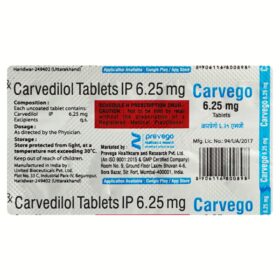 Carvego
Carvego









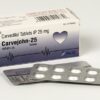
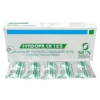

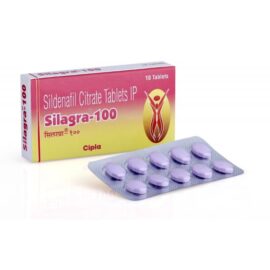
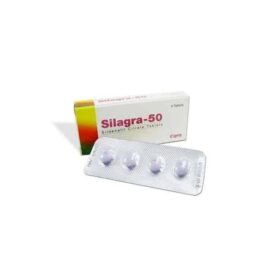
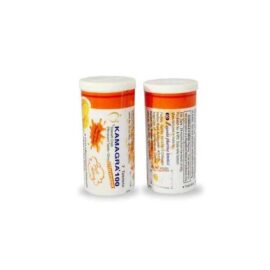

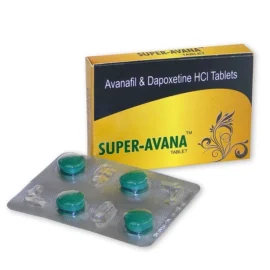
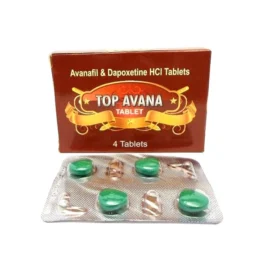
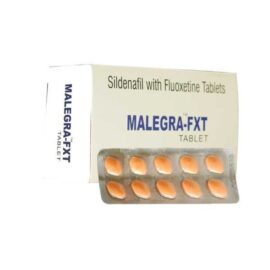
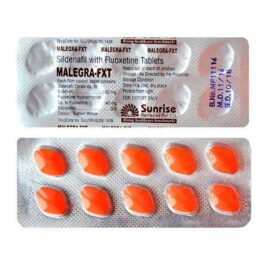


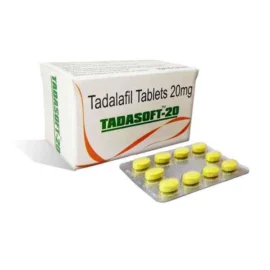
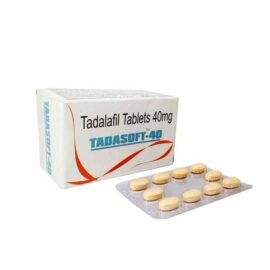
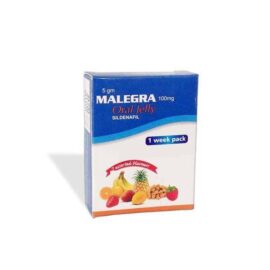
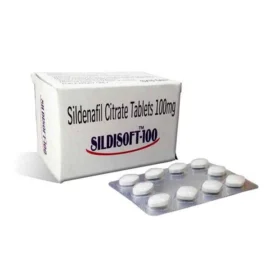
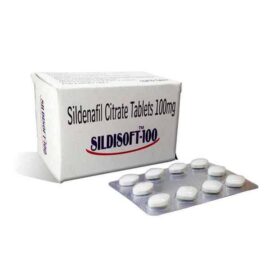
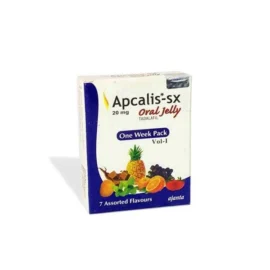
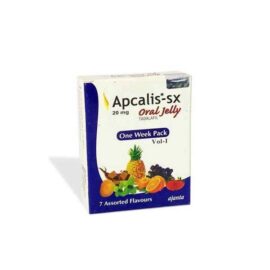
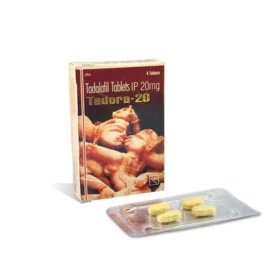
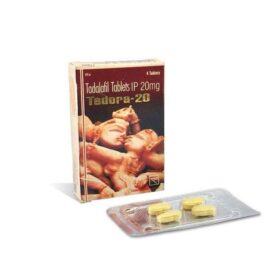
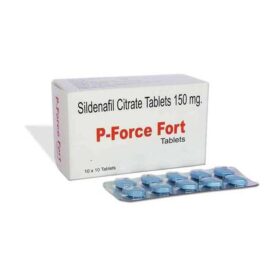
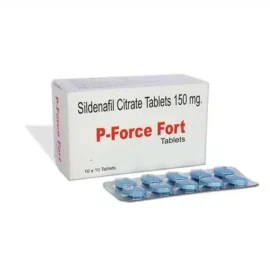
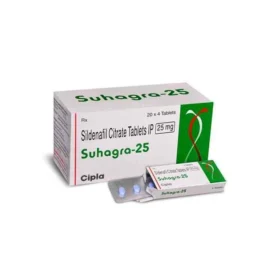
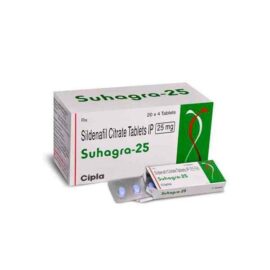
Reviews
There are no reviews yet